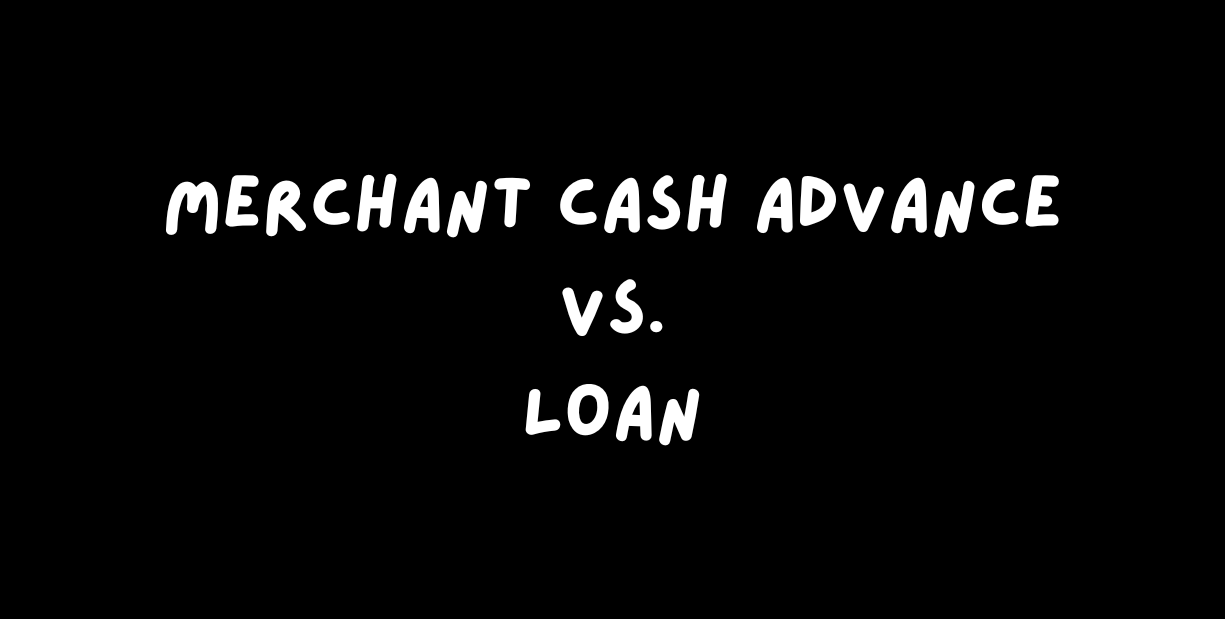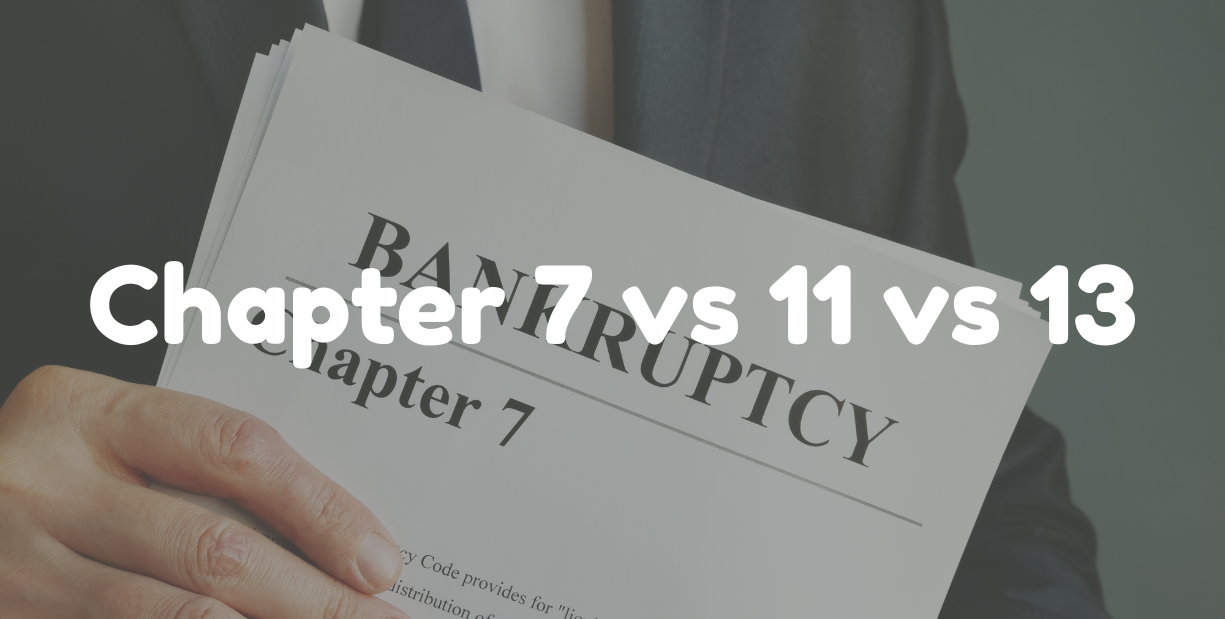Understanding the Legality of Merchant Cash Advance Loans
Navigating the Legal Landscape: Insights into the Legitimacy of MCA Loans

Merchant Cash Advance Loans
Merchant Cash Advances (MCA) have emerged as a notable alternative financing solution for businesses in need of rapid access to capital. This financing model differs significantly from traditional loans, primarily targeting businesses with high credit card sales. MCAs provide an upfront sum to a business in exchange for a portion of its future credit card sales. Despite their growing popularity for their quick approval processes and flexibility, MCAs have sparked a debate regarding their legality and the protections available to borrowers. This blog post aims to clarify the legal standing of MCA agreements and offer essential insights for business owners considering this option.
Understanding the Legal Framework of MCAs
At their core, MCAs are not loans in the traditional sense. Instead, they are structured as commercial transactions involving the sale of future receivables at a discount. This distinction is crucial because it places MCAs outside the purview of many of the regulations and protections that govern traditional lending, such as usury laws that cap interest rates.
Are MCA Loans Legal?
The short answer is yes, Merchant Cash Advances are legal. However, it's crucial for business owners to fully understand the terms, conditions, and potential pitfalls associated with MCA loans. These transactions often involve the sale of a portion of the business's future credit card sales in exchange for an upfront lump sum.
Legal Concerns and Considerations
One of the primary legal concerns surrounding MCAs is the lack of transparency regarding the costs associated with these advances. Unlike conventional loans, which have clearly defined interest rates and repayment schedules, the cost of an MCA is often expressed in terms of a factor rate. This can make it challenging for business owners to compare the cost of an MCA with other financing options and to fully understand the annual percentage rate (APR) equivalent of their financing costs.
Furthermore, the collection practices associated with MCAs can sometimes be aggressive, leading to disputes between lenders and borrowers. Since MCAs are technically buying future sales, the providers often have direct access to a business's credit card processing to collect payments, which can lead to cash flow issues for the business if not carefully managed.
Key Considerations
Regulatory Environment
MCA loans aren't regulated the same way as traditional loans. They fall into a regulatory gray area, leaving room for various terms and conditions. Business owners must know the regulatory environment specific to MCA in their jurisdiction.
Transparency and Disclosure
Business owners should carefully review the terms of the MCA agreement. Reputable MCA providers should provide clear and transparent terms, including the total repayment amount, factor rate, and any additional fees.
Understanding the Factor Rate
Unlike traditional loans with an annual percentage rate (APR), MCA loans often use a factor rate to determine the total repayment amount. Business owners should be aware of how the factor rate affects the overall cost of the advance.
Impact on Cash Flow
MCA loans are repaid daily or weekly as a percentage of the business's credit card sales. This repayment structure can impact cash flow, and business owners should carefully consider their ability to meet these daily or weekly obligations.
Seek Legal Advice
Given the unique nature of MCA transactions, seeking legal advice is highly recommended. An experienced business attorney can review the terms of the MCA agreement, assess its implications, and provide guidance on potential legal issues.
While MCA loans are legal, business owners should approach them with caution and a thorough understanding of the terms and conditions. Due diligence, transparency, and legal advice are pivotal in ensuring a smooth and legally sound financial transaction.
Legal Protections for Borrowers
While the regulatory landscape for MCAs is still evolving, some states have begun to implement laws and regulations aimed at protecting borrowers from predatory practices. These may include requirements for clearer disclosures of terms, caps on retrieval rates, and limitations on certain collection practices. It's important for business owners to stay informed about the legal protections available in their jurisdiction.
Conclusion
Merchant Cash Advances can offer a valuable lifeline for businesses in need of quick capital. However, their legal complexities and potential for high costs necessitate a careful and informed approach. By understanding the legal framework of MCAs, considering alternative financing options, and seeking professional advice, business owners can make decisions that support their company's growth while mitigating financial risks.
At J. Singer Law Group, PLLC, we understand the complexities of the business financing landscape. If you have questions about the legality of MCA loans or need legal guidance regarding your financial transactions, our experienced team of attorneys is here to help. Contact us today for a free consultation to safeguard your business's financial interests.











